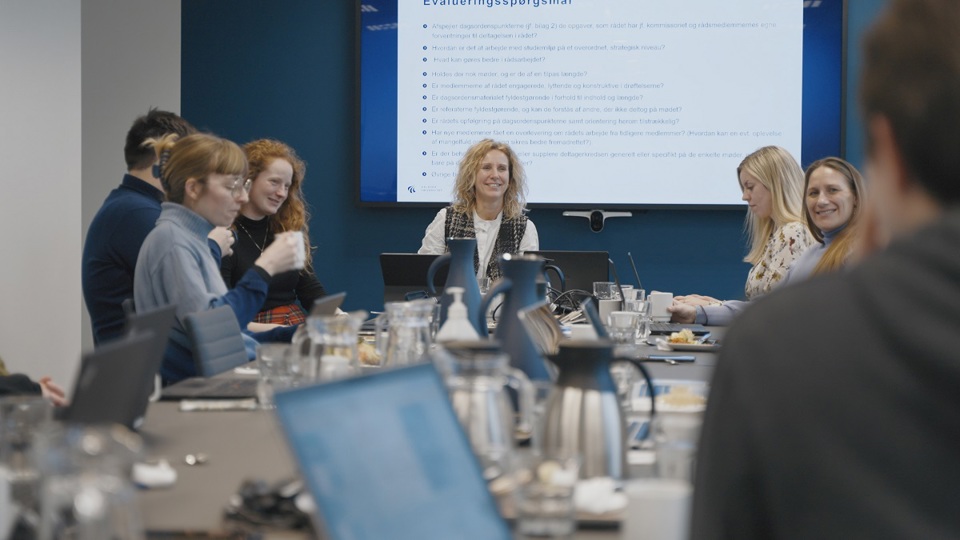By Lena Højlund Larsen, Study Service and Lea Laursen Pasgaard, AAU Communication. Translated by LeeAnn Iovanni, AAU Communication
- An institutional accreditation generally involves an external accreditation panel assessing our quality work and giving us a seal of approval on our quality system.
This is according to Anne Marie Kanstrup, Pro-rector of AAU, who is in charge of the extensive work that officially kicks off this week when the university sends its application for institutional accreditation to the Danish Accreditation Institution. All educational institutions must do this every six years.
The decision on the accreditation will come in March 2024, and at AAU the work is now beginning in earnest. In April and September, the external accreditation panel visits to interview representatives among students, teaching staff and various levels of management. The accreditation panel makes its decision based on these interviews.
The result is crucial
If you are designated to take part in an interview, it is important that you prioritise it, states the pro-rector.
- It’s incredibly important for AAU to get a positive institutional accreditation; otherwise we will be required to go through re-accreditation. This is time-consuming, and in the worst case, it can limit our ability to get new degree programmes approved, the pro-rector says.
It is mainly the Danish Accreditation Institution and the panel that designate which people they want to talk to at AAU. They interview the participants about their work on developing the quality and relevance of the degree programmes. What they ask about can really vary, ranging from, for example, the work of doing annual quality follow-ups and programme evaluations to implementing student evaluations.
- The quality work on the degree programmes takes place in the individual study boards where the students also contribute. Therefore, the work of the study boards is part of the first visit where both teaching staff and students are designated as representatives of the study boards, the pro-rector says.
Pro-rector has full confidence in the quality system
Anne Marie Kanstrup has full confidence in the quality system that will now be assessed.
- At AAU, we have worked hard to develop the quality system since the last accreditation in 2018. We have made it more structured and transparent, and many people from the departments have been involved in this. I especially like that it follows the student's journey from recruitment to transition to the labour market with PBL as the core. We are proud of our quality system and we look forward to having it assessed by the panel, she says.

